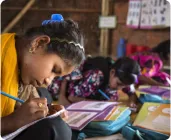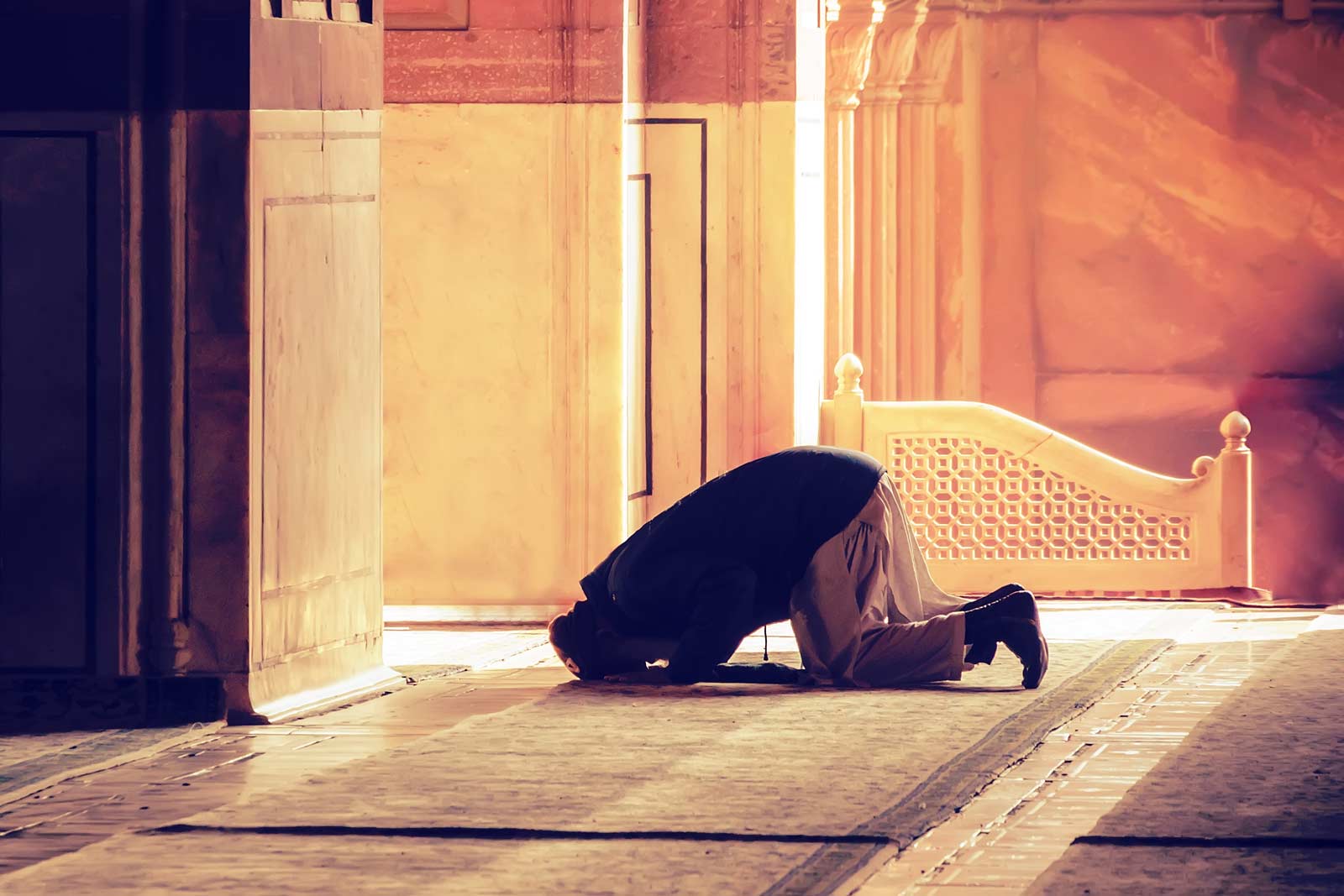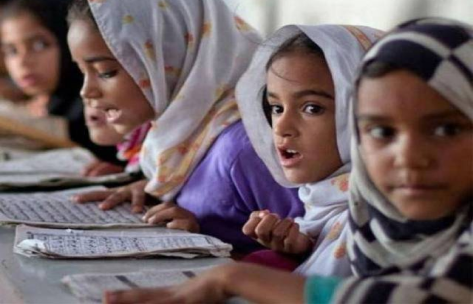There are more than 1 billion people worldwide that are affected by extreme poverty. Out of which 780 million lack access to clean drinking water and more than 820 million people sleep hungry at night. It is estimated that every 3.6 seconds a person will die of starvation (the large majority of which are aged 5 or under).
Hunger and malnutrition are the two most single greatest threats to world’s public health. When a person is not getting enough food or not getting the right sort of food, malnutrition is just around the corner. Disease is often a factor, either as a result or contributing cause. Even if people get enough to eat, they will become malnourished if the food they eat does not provide the proper amounts of micronutrients – vitamins and minerals – to meet daily nutritional requirements.
HelpFeed sets out simple solution to ending hunger and malnutrition by preventing short term difficulties and ensuring long term means of sustainability.
How do we propose to that?
To help farmers boost harvests and sustain natural resources in order to end their reliance on food aid. Instead of working for next to nothing, poor families can now make enough money to send her children to school.
Facts:
- 85% of farmers in developing countries produce on less than 2 hectares of land which is equivalent to the size of 3 football pitches.
- 780 million people lack access to clean water. That’s more than 12 times the population of the United Kingdom. 3.4 million die each year from water and hygiene-related causes. Nearly all deaths – 99 percent – occur in the developing world.
- Since 1989 MWF has provided 3 million people with food and water.

